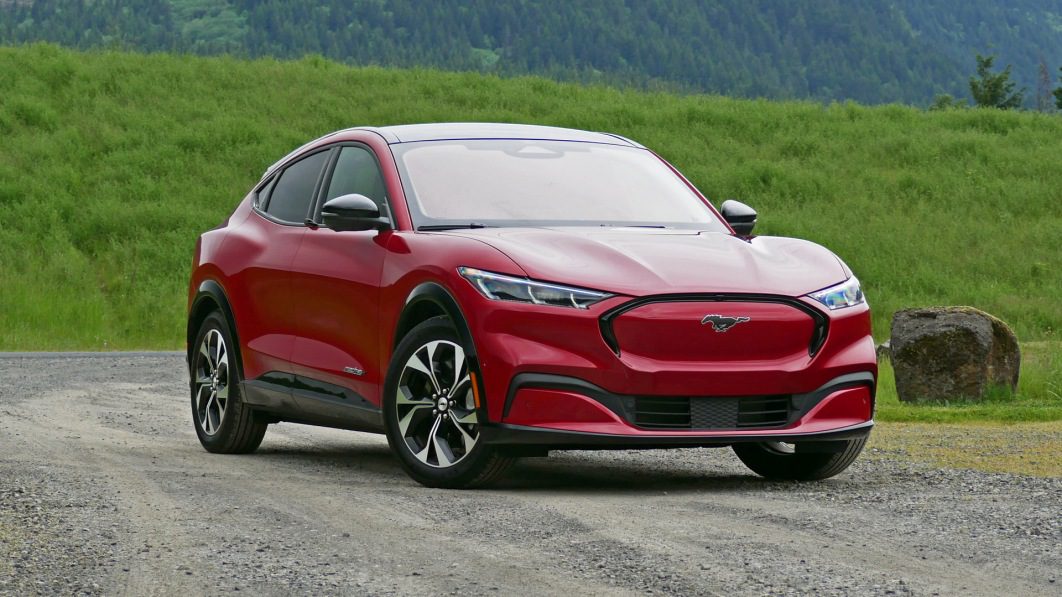Biden administration says these car models still qualify for EV tax credit

The Inflation Reduction Act, which President Joe Biden signed into law Tuesday, says that if automakers want their electric vehicles to be eligible for tax credits, they’ll need to have final assembly in North America. The law, which takes effect immediately, ends credits for about 70% of the 72 models that were previously eligible, according to the Alliance for Automotive Innovation.
About 20 model year 2022 and early model year 2023 vehicles will still make the cut for EV tax credits of up to $7,500 through the end of the year under the new legislation. Any manufacturer that has vehicles assembled in North America and has reached their cap of 200,000 EV credits will not be eligible for the freshly named Clean Vehicle Credit this year — but will become eligible in 2023.
The law’s signing means that EVs sold by Toyota, Hyundai, Porsche, Kia and others will no longer be eligible for the tax credit. However, if a customer has made a non-refundable deposit or down payment of 5% of the total contact price before Biden signed the law, they still qualify. Many automakers over the past few days had been urging customers to finalize deals and put down deposits in order to get the credit.
This list of battery electric vehicles and plug-in hybrid vehicles provided by the U.S. Department of Energy may change. As the administration noted, “As vehicle manufacturers continue to submit the applicable vehicle identification information to the relevant government agencies, this list will be updated as more information becomes available.”
For now, here’s what the government is saying:
Vehicles from model year 2022 eligible for Clean Vehicle Credit
Electric vehicles from early model year 2023 eligible for Clean Vehicle Credit
BMW 3-series Plug-In
Mercedes EQS
Nissan Leaf
EVs that have used up their tax credits and remain ineligible until January 2023
Take note of that last category. Additional provisions are expected to go into effect January 1, 2023. For example, there will be new restrictions on battery and mineral sourcing, as well as price and income caps. The start of the year will also reset the clock for General Motors and Tesla to be eligible once again for EV tax credits.
By 2024, buyers will be able to transfer their credits to dealers when purchasing the vehicles to reduce the sale price on the spot, rather than waiting to take the credit when they file their taxes.
Finally: The U.S. Department of Energy noted that some manufacturers produce vehicles in multiple locations, so specific vehicles from the list above might not be eligible for the credit if they weren’t assembled in North America. The build location can be confirmed by referring to a vehicle’s Vehicle Identification Number by using the VIN decoder tool.



